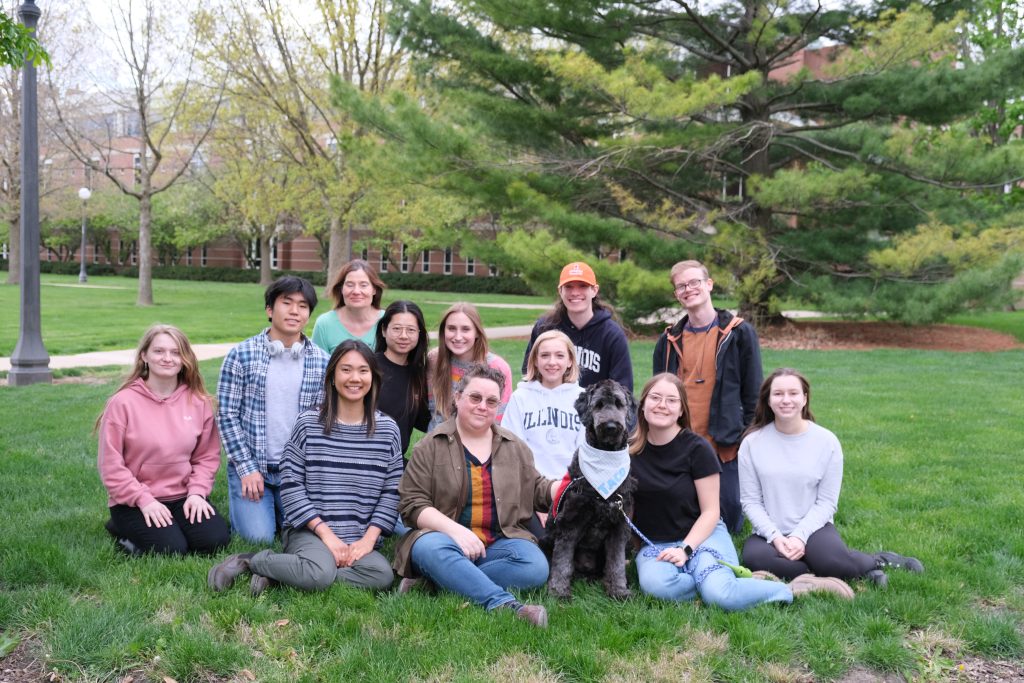Variation in social behavior among individuals is influenced by genetic and environmental factors. The mechanisms through which social behaviors in mammals are regulated are becoming much better understood, but many questions remain unsolved. We are interested in identifying novel biological mechanisms and gaining a better understanding of well-known mechanisms through which genetic and environmental factors may regulate inter-individual differences in social behavior.
Our model is specific strains of the silver foxes (Vulpes vulpes) that were developed at the Institute of Cytology and Genetics of the Russian Academy of Sciences. To understand the molecular mechanisms that lead to dramatic differences in aggression, anxiety, and affiliative behavior in these fox strains, we are using a combination of approaches including genetic mapping and genomic and transcriptomic analyses. The goal of these studies is to better understand the biological mechanisms involved in the regulation of mammalian social behavior and to pinpoint the mechanisms which may be disturbed in human behavioral disorders.


